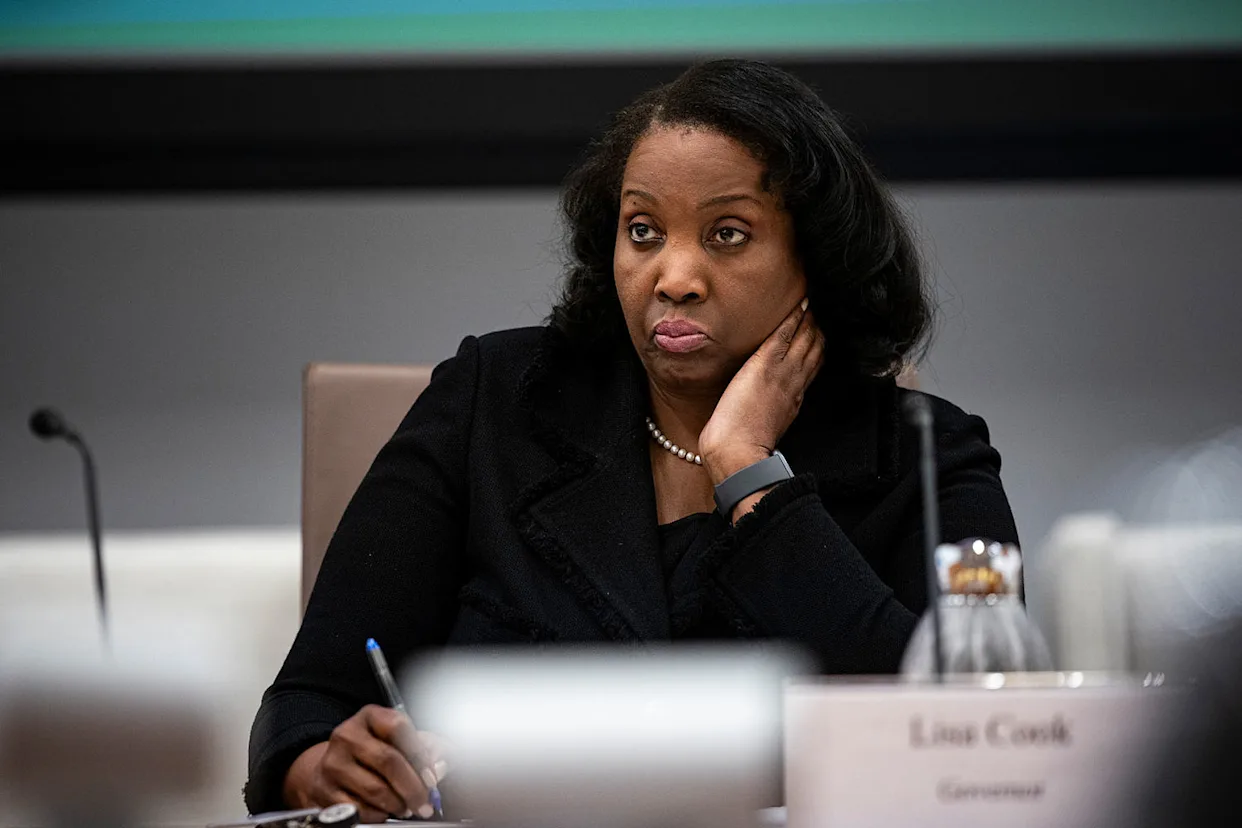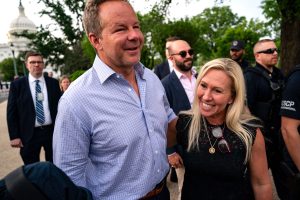A federal judge has ordered the Trump administration to end its deployment of National Guard troops in Washington, D.C., ruling that the deployment is unconstitutional and infringes on the authority of local officials. The order, issued on November 20, 2025, pauses enforcement for three weeks to allow the federal government to appeal the decision.
The deployment, which began in August after President Donald Trump signed a presidential memorandum, has been the subject of heated debate. In the memorandum, the president cited rising crime rates and concerns over public safety in the District of Columbia as justification for the use of National Guard forces. Trump claimed that the local government “has lost control of public order and safety in the city” and called the situation a “point of national disgrace.”
The deployment raised immediate legal concerns because of the unique status of the District of Columbia. Unlike states, which have their own National Guard under the command of state governors, the D.C. National Guard is a federal entity, and the president serves as its commander-in-chief. Although the federal government has limited authority to use military forces for domestic law enforcement under the Posse Comitatus Act, the president can federalize state National Guard units in emergencies under specific legal conditions.
The D.C. government, however, challenged the legality of the deployment, arguing that no statute authorizes the president to carry out law enforcement operations using the District’s National Guard. During an October 24 hearing, D.C. government attorney Mitchell Reich explained that Congress has exclusive authority over the District and has created a detailed legal framework governing when the president may deploy the Guard. The code specifies that the Guard may only be used to respond to riots or similar disturbances, and deployment requires a formal request from civil authorities—a request that the D.C. government never made.
Reich criticized the federal government’s approach, asserting that it amounted to an attempt to treat the National Guard as a “parallel police force” in the District, with virtually unbounded authority. “The federal government’s position is essentially that the president has free rein to deploy the D.C. National Guard as he sees fit,” Reich said.
Representing the federal government, Deputy Assistant Attorney General Eric Hamilton argued that National Guard members were not performing traditional law enforcement functions. He explained that the Guard’s role was primarily protective, not enforcement-based, and that any temporary detentions carried out by troops were for neutralizing threats rather than enforcing criminal statutes. “They aren’t doing core law enforcement activities,” Hamilton said. “They’re acting to protect, not to prosecute.”
U.S. District Judge Jia Cobb rejected the federal government’s arguments, ruling that the president overstepped his authority under the U.S. Constitution. Cobb emphasized that the president may only activate the National Guard through specific powers outlined by law and cannot deploy troops for “whatever reason” he deems appropriate. The judge noted that such an expansive interpretation of presidential authority would effectively eliminate Congress’s constitutional role in governing the District and overseeing its Guard.
“Historical practice confirms this understanding of the president’s authority,” Judge Cobb wrote. “The president has no free-floating Article II power to deploy the D.C. National Guard for the deterrence of crime.” The ruling underscores the principle that even in a federal district, military forces cannot be used to circumvent local civil authority without clear legal justification.
Although Judge Cobb found the deployment unconstitutional, she temporarily paused enforcement of her order to provide the Trump administration time to file an appeal. This pause means that, for the next three weeks, National Guard troops may remain deployed in the District while the legal process unfolds.
The decision has drawn strong reactions from both sides. D.C. Attorney General Brian Schwalb praised the ruling, emphasizing its significance for civil liberties and the independence of local governance. “Normalizing the use of military troops for domestic law enforcement sets a dangerous precedent,” Schwalb said. “This decision reinforces that the president cannot disregard local authority and deploy troops at will.”
Meanwhile, the White House expressed disagreement with the ruling. Spokeswoman Abigail Jackson stated that the president acted within his lawful authority to deploy the Guard to protect federal property and assist law enforcement with specific tasks. “This lawsuit is nothing more than an attempt to undermine the president’s efforts to combat violent crime in D.C.,” Jackson said, framing the deployment as a necessary public safety measure rather than an overreach of power.
The legal dispute highlights broader constitutional questions about the balance of power between the federal government and local authorities in the nation’s capital. Unlike states, which have their own governance structures and National Guard units, D.C. remains under the direct authority of Congress, with the president holding command over its Guard. This unique structure has historically required careful navigation of legal limits, and Judge Cobb’s ruling reaffirms that statutory and constitutional boundaries must be respected.
Observers note that the ruling may have political implications as well. Trump has consistently cited crime and public safety concerns in D.C. as justification for his broader security policies, and the legal pushback could be seen as a setback for his approach. It also underscores the role of the judiciary in checking executive actions, particularly when they intersect with the rights and authority of local governments.
The case also sheds light on the limits of Article II powers. While presidents have considerable authority over military and national security matters, Judge Cobb’s ruling demonstrates that such powers are not unlimited, especially when applied in domestic contexts that involve civilian governance. Legal scholars suggest that this decision could set a precedent for future cases in which presidential authority is challenged in federal districts or territories.
As the federal government prepares to appeal, questions remain about the future of the National Guard deployment and the broader relationship between the executive branch and D.C. authorities. The appeal process could extend the legal battle for weeks or months, keeping National Guard troops in place while courts examine the constitutional and statutory questions at the heart of the dispute.
For now, Judge Cobb’s order serves as a reminder that even in situations framed as matters of public safety or national interest, presidential authority is bounded by law. The ruling reasserts the principle that local and federal powers must operate within their respective jurisdictions, preserving the constitutional framework for governance in the nation’s capital.
Ultimately, the case underscores the ongoing tension between executive authority and civil oversight, a theme that has recurred in American history whenever presidents have attempted to expand military or law enforcement powers. The outcome of the appeal will be closely watched, as it may have implications far beyond the current deployment, influencing the legal understanding of presidential authority over federalized forces in domestic contexts.

Emily Johnson is a critically acclaimed essayist and novelist known for her thought-provoking works centered on feminism, women’s rights, and modern relationships. Born and raised in Portland, Oregon, Emily grew up with a deep love of books, often spending her afternoons at her local library. She went on to study literature and gender studies at UCLA, where she became deeply involved in activism and began publishing essays in campus journals. Her debut essay collection, Voices Unbound, struck a chord with readers nationwide for its fearless exploration of gender dynamics, identity, and the challenges faced by women in contemporary society. Emily later transitioned into fiction, writing novels that balance compelling storytelling with social commentary. Her protagonists are often strong, multidimensional women navigating love, ambition, and the struggles of everyday life, making her a favorite among readers who crave authentic, relatable narratives. Critics praise her ability to merge personal intimacy with universal themes. Off the page, Emily is an advocate for women in publishing, leading workshops that encourage young female writers to embrace their voices. She lives in Seattle with her partner and two rescue cats, where she continues to write, teach, and inspire a new generation of storytellers.









